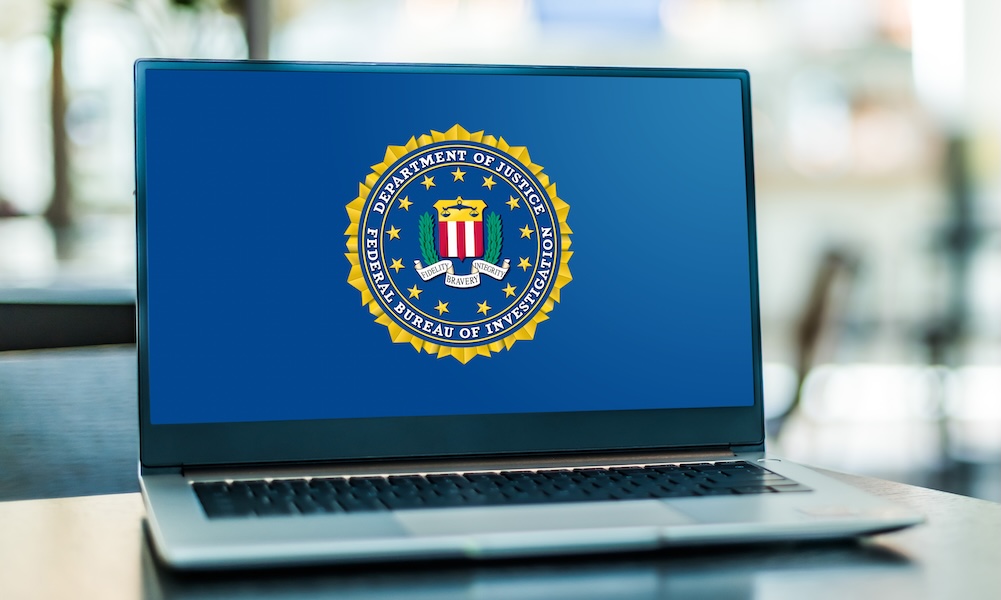FBI Warns Apple Users of a New Fraud Scheme
 Credit: monticellllo / Adobe Stock
Credit: monticellllo / Adobe Stock
Toggle Dark Mode
We recently wrote about the FBI’s warning to iPhone users about scammers impersonating toll road collectors and package delivery services. At the time, the Palo Alto Networks’ Unit 42 had identified frequent occurrences in at least 10 states.
This hacking attempt was primarily in the form of text messages, AKA “smishing” (SMS+phishing), and it’s still ongoing. I received two texts from my local “toll roads” in the past few days. Nonetheless, the FBI issued another warning about some new scammer tactics.
The latest advisory comes from the FBI’s Philadelphia Field Office. The methods are different, but the goal is the same: steal your personal information and your money! This time, the scammers are using email and actual phone calls rather than text messages.
When using the phone, these crooks often spoof caller ID information, making the call appear to be coming from a legitimate phone number. Who wouldn’t answer the phone when the FBI calls? When attacking with emails, the FBI’s seal, letterhead, and even a picture of the FBI Director are being used to dupe unsuspecting recipients. Other characteristics of a fraudulent email include misspelled words, missing words, and incorrect grammar. You know it when you see it. Stay vigilant.
Impersonating law enforcement is a big deal. It’s even more insidious when combined with other tricks of the trade, like a phony email. According to the FBI, there’s one critical piece of information to remember if something similar happens to you: law enforcement does not call or email individuals threatening arrest or demanding money.
They won’t ask you to wire a “settlement” to avoid the clink or ask for money to help catch another criminal. You knew this, right? Last but not least, the FBI doesn’t contact citizens about their Social Security numbers or to coordinate any inheritances.
Regardless of the tactics employed, your response should be the same. Cease all contact immediately. Notify your banks and credit card companies to protect your money and secure your accounts. File a police report with local law enforcement. Finally, give the FBI a hand by filing a complaint with their Internet Crime Complaint Center (IC3.gov).
Hopefully, you’re quick on the uptake, and even if you respond to an email or answer the phone, you haven’t compromised any of your personal information or bank details. Remember to spread the word. It’s a numbers game for these scammers. The more informed we are, the less successful they’ll be.








